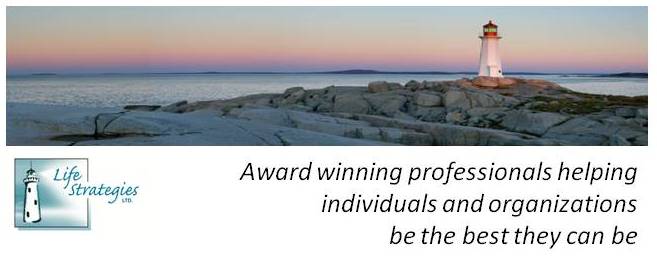 |
| Photo by Kyle Bondeson |
Myths about Older Workers
We may have heard some interesting ideas about older workers. Things like “they are not technology savvy” or “older workers are not flexible”. The truth is older workers can be very up to date with technology; they are reliable, and bring a wealth of experience to the workplace. Older workers tend to have less sick days and tend to be more flexible with work schedules.Team Fit
Some of the first things an older worker can do to fit into their team right away is to fully understand their role, the responsibilities, as well as expectations. Meet with your new manager and let them know about your strengths and discover what challenges may be present, as well as any initial priorities you will be required to deliver on. This is your roadmap to your success in this new career. When meeting with your peers or team, ask them what they feel the challenges have been for them working together on tasks. Initially you may want to avoid sharing too many stories of your past and overcoming similar issues. Instead work as a team to find the solutions together but do offer ideas or suggestions.Culture Fit
Working in a diverse workplace means many things. This can be age diversity, cultural diversity, sexual orientation diversity, working with people who have disabilities, and single parents. There is a whole new workforce waiting to meet and work together so understanding the different groups that have come together in your new work environment is important. While it is natural to want to associate with peers that most closely resemble you, it is a good idea to also meet with different people at work. Get to know your younger colleagues and other people from diverse groups.Life Long Learning
It is very important for everyone, not just older workers to maintain a philosophy and practice of life long learning. With our constantly changing workplaces, we need to keep up. Older workers need to stay current with computer skills and any other business skills they may use at work. Invest in yourself and take courses through work when possible as well as through resources you can find outside of work.Surviving your first few weeks on the job can be challenging but the important fact to remember is that your employer has faith in you to deliver a job well done, regardless of age.
If you’re an older worker, what have been some of your greatest challenges when starting a new job?
Michele Matheson is a Career Coach and Corporate Recruiter who has spent the past 20 years connecting people to careers. Her passion is working with older workers and helping them navigate their job searches and find meaningful careers. She brings many years of experience from the staffing and recruiting industry as well as working as a case manager supporting clients with multiple barriers return to the workforce. You can connect with Michele through LinkedIn at
ca.linkedin.com/pub/michele-matheson-ccdp/14/712/3b8.




